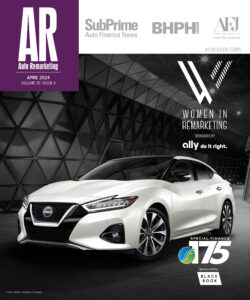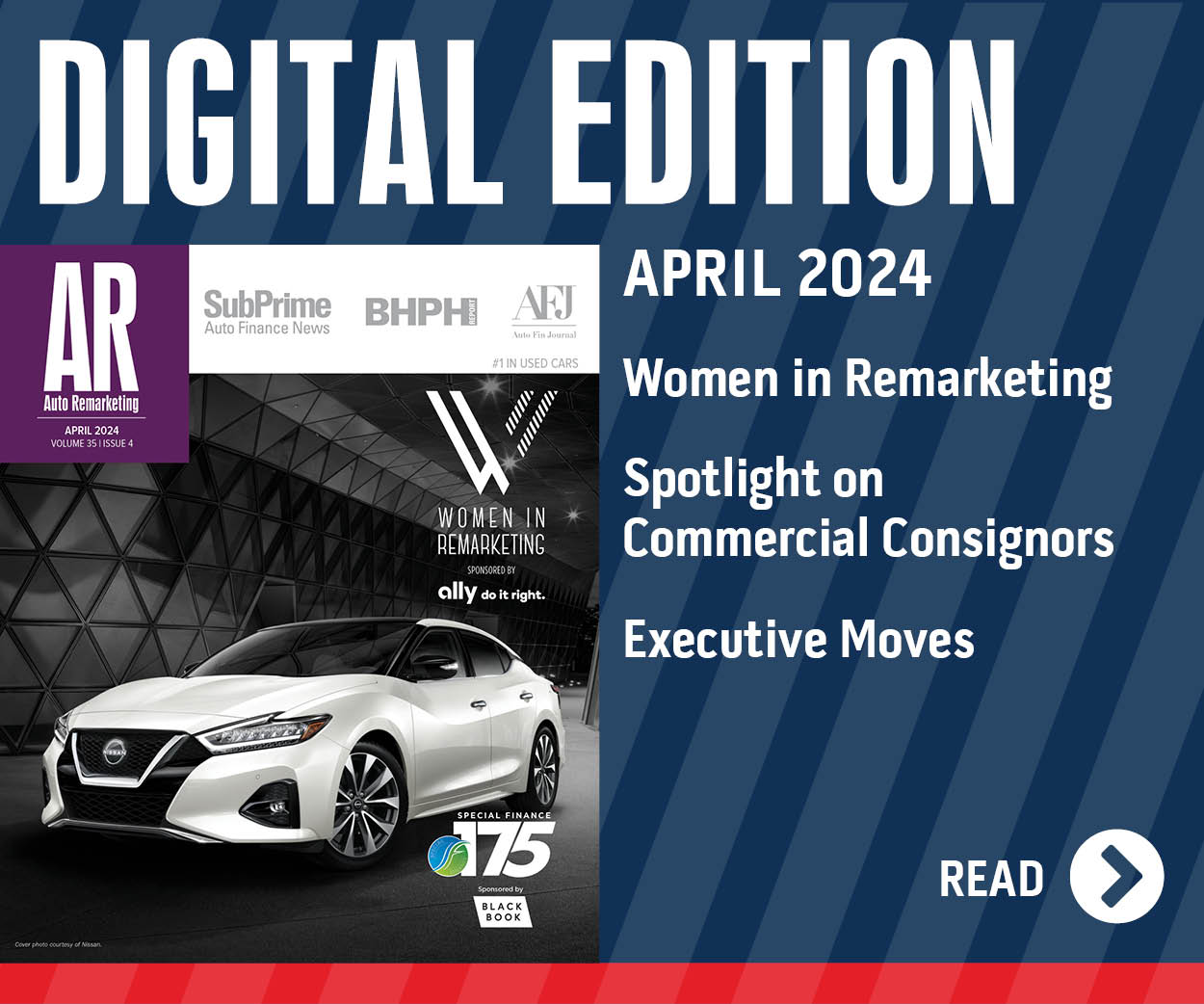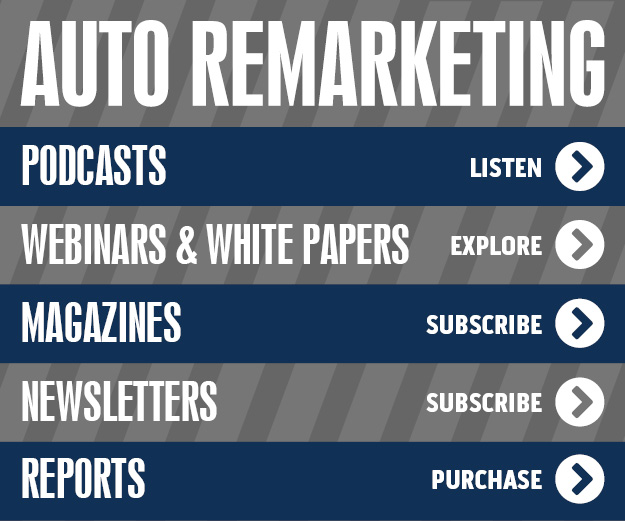Shoppers want ‘good deal’ on vehicles that last 10 years

A new survey from AutoMD.com indicated that the lengthening vehicle ownership cycle is impacting vehicle purchasing.
Conducted online among more than 1,000 vehicle owners, the survey revealed that 59 percent of participants who said they planned to purchase within six months would be opting for a pre-owned vehicle, with three quarters saying that their purchase decision would be influenced by the cost of replacement parts.
And while price trumped every other purchase decision factor, knowing a vehicle will last 10 years was the second most important influencer.
In addition, the survey showed that consumers want a “good deal,” with the majority defining a good deal as at or below invoice pricing. And they are opting for third-party research sites and Google, not dealership websites, to make sure they get that deal.
“At AutoMD.com, we have been reporting for years on the lengthening vehicle ownership cycle. This survey indicates how that extended vehicle lifecycle is impacting consumer vehicle purchase decisions," said Tracey Virtue, vice president of AutoMD.com.
“Clearly, many consumers embrace the notion of a pre-owned vehicle as a viable primary vehicle, and are looking to keep them running for the long term," Virtue continued.
Other survey highlights
When asked what kind of vehicle they would purchase for their next primary vehicle, only one in four said they plan to buy new, but 76 percent will purchase a pre-owned vehicle, and more than half (55 percent) are opting for a vehicle that is more than 2 years old.
When asked what kind of vehicle they were most likely to buy as their next primary vehicle, here’s how the responses landed:
—A pre-owned vehicle, older than 2, but less than 10 years old: 45 percent
—A new vehicle: 24 percent
—A pre-owned vehicle, less than 2 years old: 21 percent
—A pre-owned vehicle, more than 10 years old: 8 percent
—A pre-owned vehicle and a real fixer upper: 2 percent
And, confirming the lengthening buy cycle, 32 percent said their current primary vehicle is 6 years or older, with 12 percent reporting that they are driving a vehicle that is more than 10 years old.
Replacement parts key consideration
Some vehicles are more costly to repair than others because their replacement parts are more expensive. So when asked if that would be a consideration when purchasing their next vehicle, 74 percent of respondents said yes.
Interestingly, of the 26 percent who said it would not be a consideration, more than half said it was because it either did not occur to them or that they did not know where to look for that information. For the rest, style/brand trumped replacement parts cost.
Vehicle price top influencer
Not surprisingly, when asked what would influence their vehicle decision most, price came first, but knowing that the vehicle would last for 10 years was No. 2.
When asked about what would most influence their next primary vehicle purchase, respondents ranked the choices this way:
—Price (I will be shopping within a certain budget range): 23 percent
—Longevity, knowing that car will last for at least 10 years: 18 percent
—Utility (I will shop for a vehicle based on practical considerations — big enough for kids/family; useful for hauling; 4WD because I live in the mountains, etc.): 17 percent
—Cost to repair (I will shop for a vehicle that is not costly to maintain): 15 percent
—Fuel-efficiency/gas mileage: 14 percent
—Style (I will make my decision based on the vehicle's appearance, trim etc.): 14 percent
The majority of respondents said they would be looking for a vehicle that was about the same, or less than, the price of their current vehicle, although more than one third were willing to pay more. And they are looking for a good deal, with 62 percent saying they define a “good deal” as being at or below invoice pricing.
Brand breakdown
Although most of these consumers are focused on pre-owned purchases, nearly half said they were likely to purchase the same brand as their current vehicle, with 29 percent reporting they would choose a different brand.
Only 11 percent were interested in a hybrid or electric vehicle, reflecting how low on the list of top purchase influences fuel efficiency ranked.
When asked specifically what brand they would pick, Ford was chosen by the largest number, followed by Chevrolet and Toyota.
Third-party sites and Google
The survey showed third-party research sites such as Edmunds.com and Kelley Blue Book were ranked as the most valuable online resources when making a vehicle purchase decision.
Google tied with third-party buying sites such as Autotrader and TrueCar as second most valuable.
Dealership websites ranked second to last in value.
The AutoMD.com survey was conducted among 1,142 vehicle owners in 2015 and 2016.

 View The Latest Edition
View The Latest Edition

